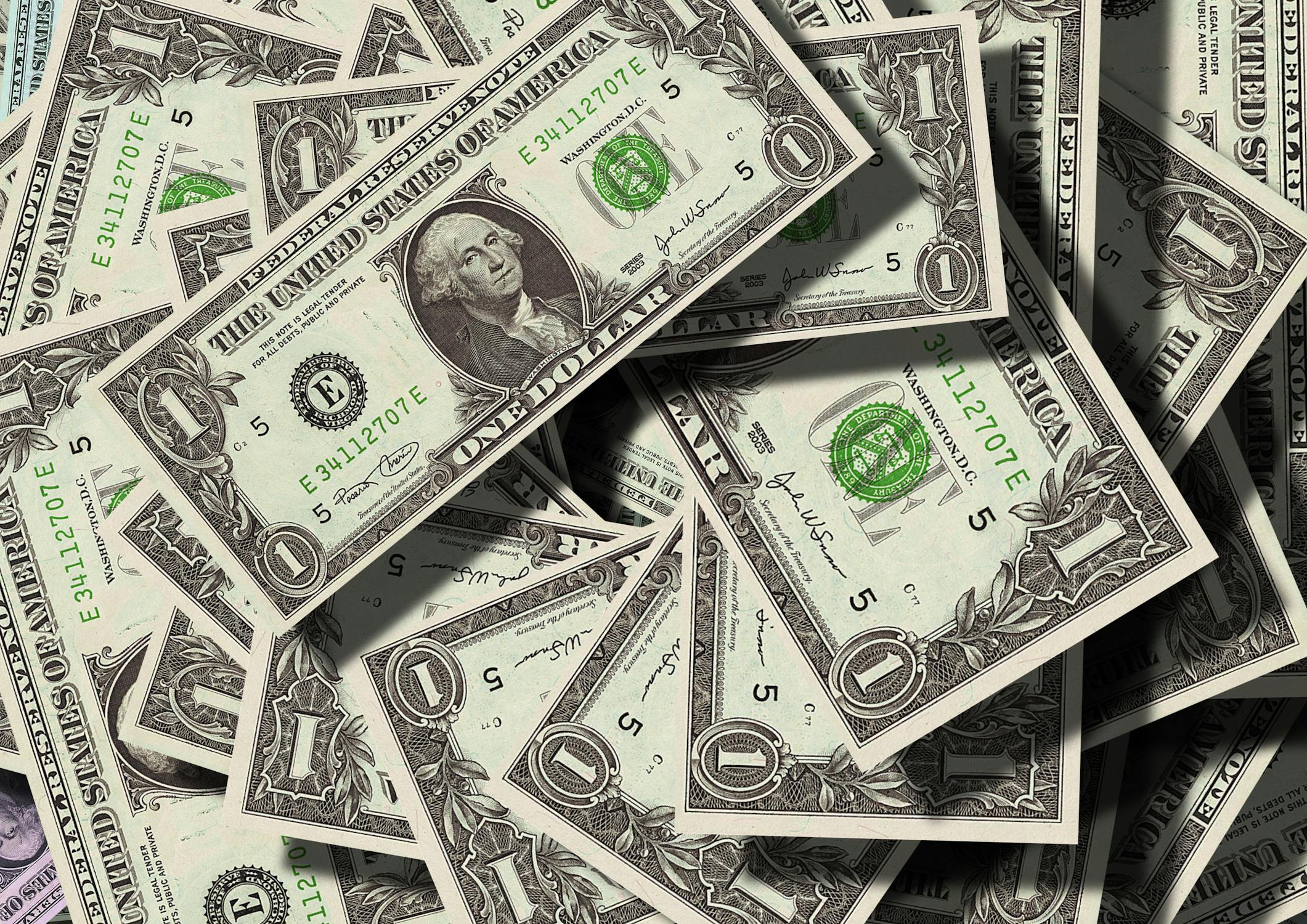Money is a tool we use every day, but few stop to think about what it truly is or why it matters. From buying groceries to saving for the future, money shapes our choices and society. Understanding its purpose helps us make better financial decisions and navigate the modern world confidently.
Introduction
We use money every day — to buy groceries, pay rent, or even stream our favorite shows. But have you ever stopped to think: What exactly is money? Why do we all agree to exchange colorful pieces of paper, shiny coins, or digital numbers on a screen for actual goods and services?
Understanding what money is and why it matters is one of the most important steps in building financial awareness. In this article, we’ll explore the nature of money, how it evolved, and why it plays such a powerful role in our everyday lives and in society at large.
What Is Money?
At its simplest, money is a medium of exchange. It’s a tool we use to buy and sell goods and services. But money is more than just cash in your wallet or balance in your bank account. Economists define money based on three key functions:
- Medium of Exchange – You can use it to buy things.
- Unit of Account – It helps measure and compare the value of goods and services.
- Store of Value – It holds its worth over time, allowing people to save and use it later.
Let’s break these down:
- If you sell a phone and get ₹10,000, you’re using money as a medium of exchange.
- When you compare a ₹500 shirt to a ₹1000 one, money acts as a unit of account.
- If you save ₹5000 in a bank for a few months, money works as a store of value.
The History of Money
Money didn’t always exist in the form we see today. Here’s a quick look at how it evolved:
-
Barter System
Before money, people exchanged goods directly—like wheat for milk or clothes for meat. But barter had problems: it was inefficient, required a double coincidence of wants, and was hard to store or divide. -
Commodity Money
People began using items like salt, shells, and metal coins which had intrinsic value and were widely accepted. This made trade easier and more consistent. -
Paper Money
Governments introduced paper currency backed by precious metals like gold or silver. Eventually, paper money became fiat money—meaning it has value because people trust the government that issues it. -
Digital Money
Today, much of our money exists in digital form—via bank accounts, apps, or online wallets. With new tech, we’re even seeing the rise of cryptocurrencies like Bitcoin.
Why Does Money Matter?
1. Facilitates Trade and Economic Growth
Money simplifies transactions. Instead of needing to find someone who wants your goods and also has what you want, you can just use money. This helps markets grow, increases efficiency, and boosts the economy.
2. Provides a Way to Save and Invest
Because money stores value, people can save it for the future. This encourages planning, investment, and long-term growth, both individually and nationally.
3. Enables Measurement of Value
Money gives everything a price, making it easier to compare products and make informed decisions. It also allows governments to track and manage the economy through policies.
4. Helps in Building Financial Systems
From banks and loans to insurance and retirement plans, money forms the foundation of our financial institutions. These systems protect people and help them achieve life goals like buying homes or funding education.
5. Impacts Social and Political Systems
Access to money often determines a person’s quality of life, including education, healthcare, and opportunities. The distribution of money can affect power, influence, and even stability in a country.
The Role of Trust in Money
One of the most fascinating things about money is that it only works because we all trust it. A ₹500 note is just paper—it has no value by itself. But we accept it because we believe others will too. This collective trust is what gives money its power.
That’s also why governments work hard to maintain stable economies. Inflation, corruption, or poor monetary policy can damage that trust, leading to loss of value and public confidence.
Modern Challenges in Money
- Inflation and Deflation – When prices rise (inflation) or fall (deflation), the value of money changes, affecting purchasing power.
- Digital Security – With online banking and mobile payments, keeping money safe from fraud and theft is more important than ever.
- Financial Inequality – While some people grow wealth through investing or saving, others struggle due to lack of access, education, or opportunity.
Conclusion
Money is more than coins or currency; it’s a shared system of trust, value, and exchange that underpins our economy and daily lives. It makes trade possible, encourages saving and investing, and helps societies function more smoothly.
Understanding money—how it works, where it comes from, and why it matters—empowers you to make smarter decisions, whether you’re a student just opening a bank account or an adult planning for retirement.
Remember: Money is a tool. Use it wisely, and it can help build a secure, fulfilling future.

